May 23, 2019
Boosting low carbon building renovation across Europe
 Today, the World Green Building Council’s European network, in collaboration with eight cities and partners announced the launch of Build Upon, the next phase of what it claims is the world’s largest collaborative project on building renovation. With cities across the world declaring climate emergencies and climate action high up on the agenda for the European elections, this European Union (EU) funded project will empower cities across Europe to join forces with national governments and industry to decarbonise their existing building stock by 2050 and so increase the proportion of low carbon building across Europe. (more…)
Today, the World Green Building Council’s European network, in collaboration with eight cities and partners announced the launch of Build Upon, the next phase of what it claims is the world’s largest collaborative project on building renovation. With cities across the world declaring climate emergencies and climate action high up on the agenda for the European elections, this European Union (EU) funded project will empower cities across Europe to join forces with national governments and industry to decarbonise their existing building stock by 2050 and so increase the proportion of low carbon building across Europe. (more…)





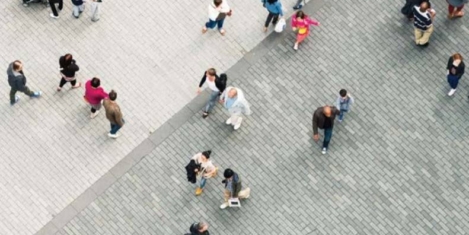
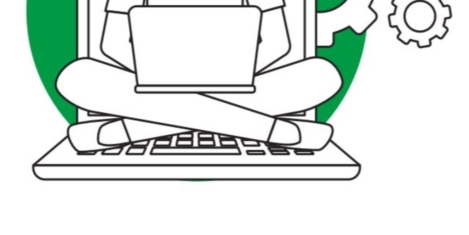
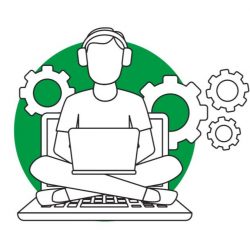




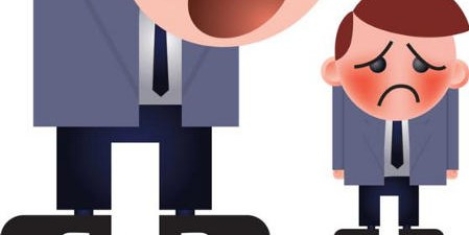
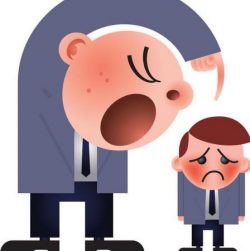



 Employers are having to be more flexible to fill vacancies as buoyant demand for staff is creating recruitment challenges. Two in five (41 percent) employers say it has become more difficult to fill vacancies in the past year, while three in five (61 percent) employers said that at least some of their vacancies were proving hard to fill. However, according to the latest Labour Market Outlook from the CIPD and the Adecco Group despite the tightening labour market, this confidence has yet to translate into significant salary increases for all but new starters and those with key skills.
Employers are having to be more flexible to fill vacancies as buoyant demand for staff is creating recruitment challenges. Two in five (41 percent) employers say it has become more difficult to fill vacancies in the past year, while three in five (61 percent) employers said that at least some of their vacancies were proving hard to fill. However, according to the latest Labour Market Outlook from the CIPD and the Adecco Group despite the tightening labour market, this confidence has yet to translate into significant salary increases for all but new starters and those with key skills.













May 20, 2019
Adversity and chaos can help to foster creativity 0
by Paul Goodchild • Comment, Workplace design
(more…)